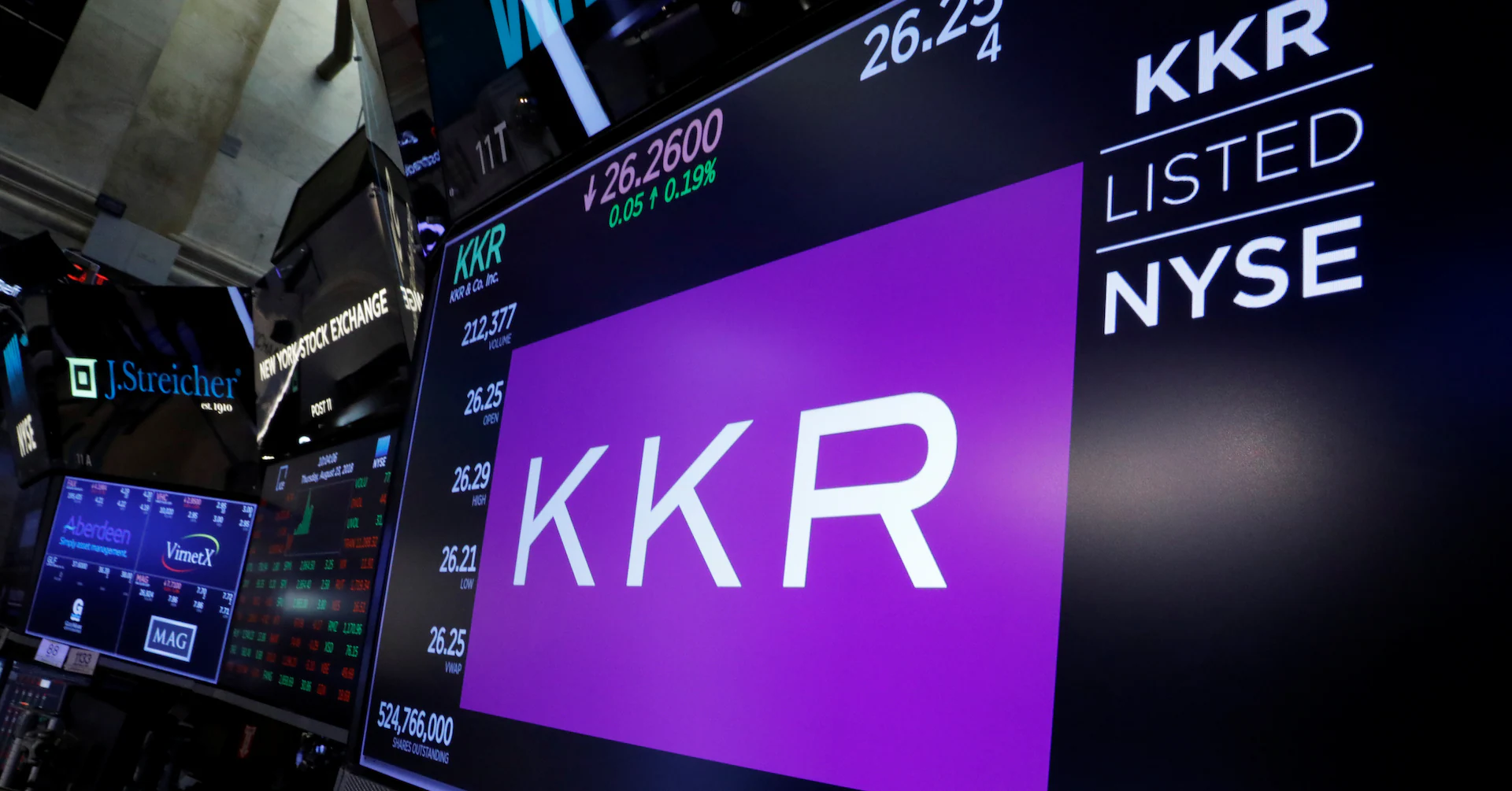Copyright reuters

SummaryCompaniesQ3 inflows of $43 billionShares rise in pre-market tradingKKR earns rising fees for managing assets Nov 7 (Reuters) - KKR (KKR.N), opens new tab reported a rise in third-quarter profit that beat Wall Street's expectations on Friday, boosted by strong fundraising, particularly in credit and its insurance unit. Adjusted net income of $1.27 billion, or $1.41 per share, surpassed the $1.17 billion, or $1.30 per share, that analysts on average had expected from the New York-based alternative asset manager, according to estimates compiled by LSEG. Advertisement · Scroll to continueReport Ad Its shares were around 3% higher in pre-market trading as U.S. stock futures broadly inched lower. KKR's stock has slipped 19% this year. GUARD AGAINST VOLATILITY Along with rivals Blackstone (BX.N), opens new tab, whose assets have breached the $1 trillion mark, and Apollo (APO.N), opens new tab, which hopes to get there by 2026, KKR has added new business lines to grow beyond the traditional private equity strategy of buying and selling businesses. KKR's co-CEOs Scott Nuttall and Joe Bae have set a target for assets to reach $1 trillion by 2030. Fee-related earnings rose to $1 billion. Total assets climbed to $723 billion as KKR hauled in $43 billion in new capital, driven by $27 billion to credit. Advertisement · Scroll to continue Private equity firms have been all the keener to branch out as higher interest rates hampered sales of companies they bought during a long period of lower rates. As exits from investments through sales or refinancing slowed, so has the return of capital to investors, some of whom have become reluctant to commit to new funds. KKR said on Friday it had raised $17.5 billion for its latest North America-focused fund, which people familiar with the matter said was targeting around $20 billion. Piper Sandler analysts noted KKR’s returns from traditional private equity were 2%, down from 5% in the second quarter. Meanwhile Global Atlantic, which represents a third of the firm's assets, saw operating earnings rise 28%. "Results for alternative asset managers with balance sheets have demonstrated that the moat created from these businesses has increasingly immunized against rate volatility," the Piper Sandler analysts said. Ad Break Coming Up NEXT StayNext OffEnglish 180p288p360p480p540p576p720pHD1080pHDAuto (180p) About ConnatixV2146273620 About ConnatixV2146273620 Continue watchingafter the adVisit Advertiser websiteGO TO PAGE Analysts have been watching the retirement segments at KKR and Apollo for any signs of strain on profits from selling annuities, which are sold for a lump sum and guarantee regular payouts. KKR also tapped the wealthy individuals whom alternative investment firms are increasingly targeting. Its K-Series business offering funds to retail investors grew to $29 billion from $14 billion a year ago. Dry powder, or money investors have pledged but has not yet been used, totaled $126 billion. During the quarter, KKR closed a deal to buy a majority stake in biopharma royalty acquisition company Healthcare Royalty Partners, and a $2 billion investment from Japan Post Insurance Company. After the end of the quarter, KKR teamed up with Apollo to invest $7 billion in Keurig Dr Pepper (KDP.O), opens new tab. Reporting by Isla Binnie in New York and Arasu Kannagi Basil in Bengaluru. Editing by Arun Koyyur and Mark Potter Purchase Licensing Rights Get the key points from this story with Reuters AI Isla BinnieThomson ReutersIsla Binnie reports on how company directors and executives manage stakeholder and shareholder interests, with a focus on compensation, corporate crises, dealmaking and succession. She also covers how politics, regulation, environmental issues and the broader economy affect boardroom discussions. Isla previously covered business, politics and general news in Spain and Italy. She trained with Reuters in London and covered emerging markets debt for the International Financing Review (IFR).EmailXLinkedinArasu Kannagi BasilThomson ReutersBasil writes stories across the U.S. finance file including banks, asset managers, payment firms, insurers, and exchange operators. He also covers initial public offerings on U.S. exchanges and venture capital funding.EmailLinkedin



